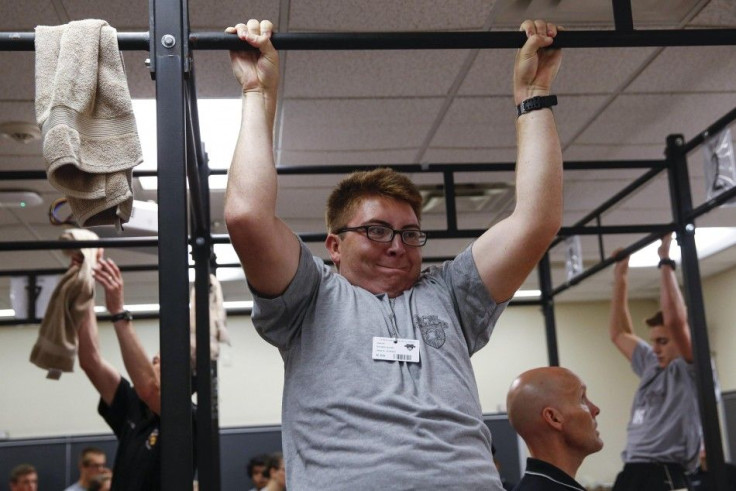Look at Your Exercise Regime as Fun and You’ll Automatically Eat Lesser Later
Research shows those who think of their exercise as a rigorous workout tend to eat more.

There is a tendency for most people to make their vigorous workout regimes as a reason to treat themselves with sweet high calorie delights. This balances out the added fats and the workout's resulting in no weight loss. If you, however, think of your next workout as a much needed rejuvenating break or a "fun run," it's most likely that you would eat much lesser later. This is in comparison with the food intake of a person who looks at his work out as an exercise.
A new research conducted by the Cornell Food and Brand Lab study was published in the Marketing Letters. The research involved two studies; the first one was a study on 56 adults who were made to walk a distance of 2 kilometres around a small lake. Some were told it was an exercise walk, while others were told it was a rejuvenating scenic walk. Surprisingly after the walk, when provided with lunch, those who were told the walk was an exercise ate 35 per cent more pudding and desserts than the rest who believed they were on a scenic walk. The extra pudding was not just a self reward for their walk which they believed was an exercise, but it was also due to their risen confidence of not gaining weight since they had just exercised.
In the second study, 46 adults were given afternoon snacks after their walk. Those who were told the walk was an exercise consumed twice as much calories of M&Ms, which was 206 more calories than those who had believed they were on a scenic walk.
Brian Wansink, author and director of the Cornell Food and Brand Lab, suggested ways to avoid this. "Do whatever you can to make your workout fun. Play music, watch a video, or simply be grateful that you're working out instead of working in the office. Anything that brings a smile is likely to get you to eat less," he said.
The entire purpose of your workout is to burn some calories and get that fat off your body. If the workout results in an increase in the consumption of calories, that paunch is never going away. So, don' work harder, instead play smarter, make those workout sessions enjoyable.




















